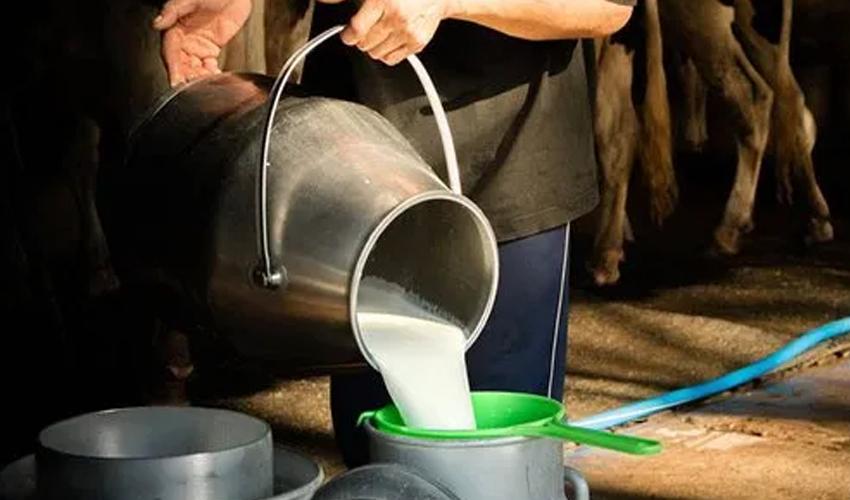In a nationwide survey conducted by the University of Veterinary and Animal Sciences (UVAS), a staggering 92% of loose milk samples collected from across Pakistan have been found to be non-compliant with quality and safety parameters.
Perhaps even more concerning is the fact that 54% of the tested milk samples were declared unfit for human consumption, raising serious questions about the safety of the milk supply in Pakistan.
The survey, conducted in 11 major cities of the country, exposed the dire need for immediate action to address this growing issue.
Quality and safety parameters
The UVAS survey examined five critical quality and safety parameters in an effort to ensure that milk adheres to regulatory limits. These parameters included composition, adulteration, antibiotic residues, aflatoxin M1, and heavy metals. Unfortunately, the majority of loose milk samples failed to meet these crucial standards, compromising the well-being of consumers.
Informal supply chain in question
One of the major contributing factors to this alarming situation is the unorganized and non-regulated nature of the traditional loose milk supply chain in Pakistan.
The milk reaches consumers through an informal, multi-layered distribution system involving middlemen, lacking proper transportation and storage facilities. Consequently, the quality of milk deteriorates during its journey to the end consumer.
Looming danger for public health
Loose milk is highly perishable and susceptible to microbial growth, making it a potential vehicle for food-borne pathogens. In addition to microbial contamination, the survey also detected residues from antimicrobial drugs, pesticides, mycotoxins, heavy metals, and adulterants in loose milk samples.
These contaminants pose a serious risk to public health, emphasizing the urgent need for regulatory oversight and quality control within the dairy industry.
Pakistan, the world's fourth-largest milk-producing country, relies heavily on loose milk for immediate consumption. With 95% of milk consumed in this informal manner, it's crucial to address the safety and quality issues that have come to light. This revelation underscores the necessity for immediate action to regulate and improve the nation's milk supply, ensuring the safety and well-being of its citizens.



























